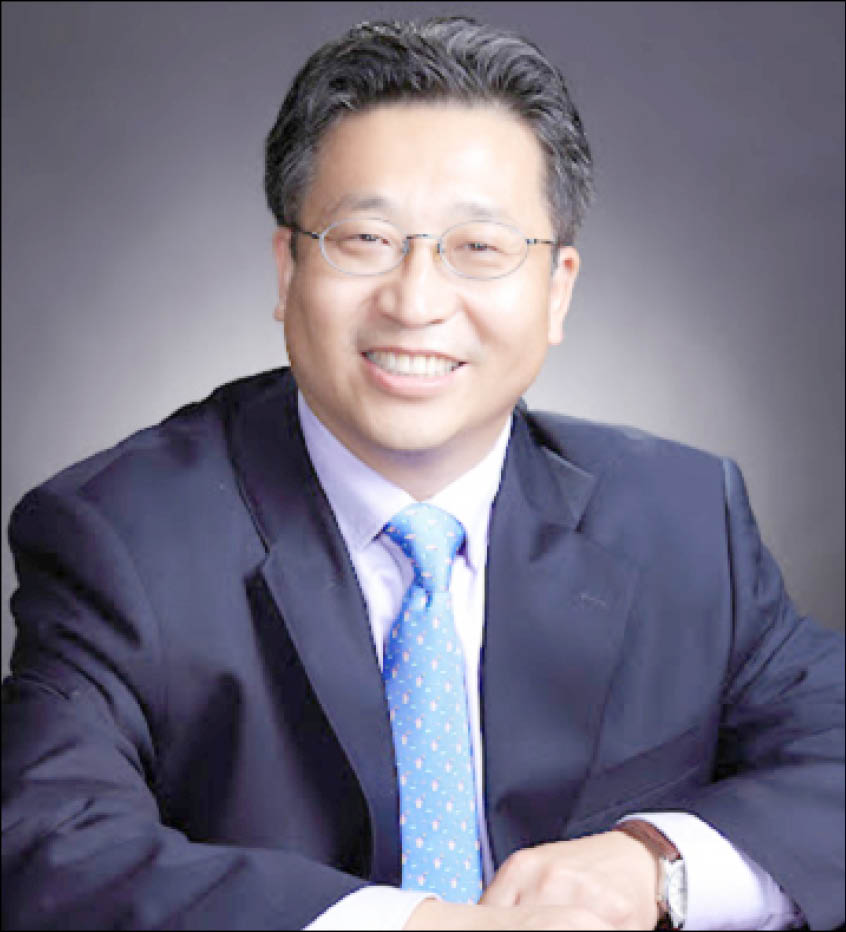Chinese Ambassador to Nigeria, Cui Jianchun, Thursday reflected on the trade imbalance between Nigeria and China, expressing his commitment to raising the trade volume to $50bn.
Jianchun, who featured on the NTA programme ‘Good Morning Nigeria’, was speaking on Nigeria-China Relation to mark the 51st anniversary of bilateral relations between the two nations.
- Circulating polio variant still taking toll on many Nigerian children — UNICEF
- COEASU threatens to resume strike over non-remittance of deductions
He said: “Last year, we achieved N25.6bn trade volume and this year, Nigeria is the first one to import from China, and number one in the whole continent of Africa.
“So, now Nigeria has an imbalance between trade with China. China exports more to Nigeria and we import more, less than export. So, my mission is how can Nigeria find an avenue to try to produce more commodities to china.
“I’m thinking that within the next five years, my mission’s goal is to try to double the trade volume so that we can achieve $50bn and be number one in Africa.”
Jianchun said he was working hard to get finance for the construction of the Kaduna-Kano railway this year.
He said railways would help to develop an economic system that would work for Nigeria.
Also speaking, Prof. Sheriff Ghali, said China was succeeding in Africa because of its policy of mutual trust and benefit, unlike the western countries that colonized Africa for over 100 years.
“If you come to the FCT, there are institutions of learning, hospitals that are supported by Chinese,” he said.
He noted that Chinese companies were also investing in Nigeria and Africa.
“Imagine the quantum of jobs we’re having and the railways, the construction of roads, bridges and airports where our people get engaged. These investments provide opportunities for employment and fighting poverty.
“Look at the Kaduna-Abuja train service, there’s no way a nation can develop without a modern transportation system,” he said.
Prof. Nora Daduut, who also took part in the programme, said Nigeria and China “have a lot to share in terms of economic and cultural values.”

 Join Daily Trust WhatsApp Community For Quick Access To News and Happenings Around You.
Join Daily Trust WhatsApp Community For Quick Access To News and Happenings Around You.


